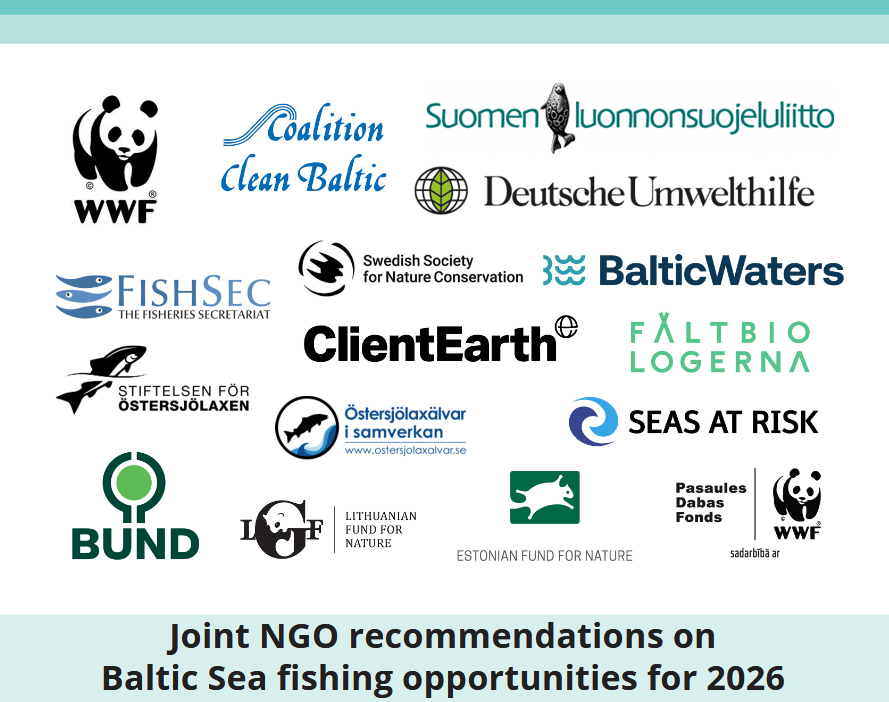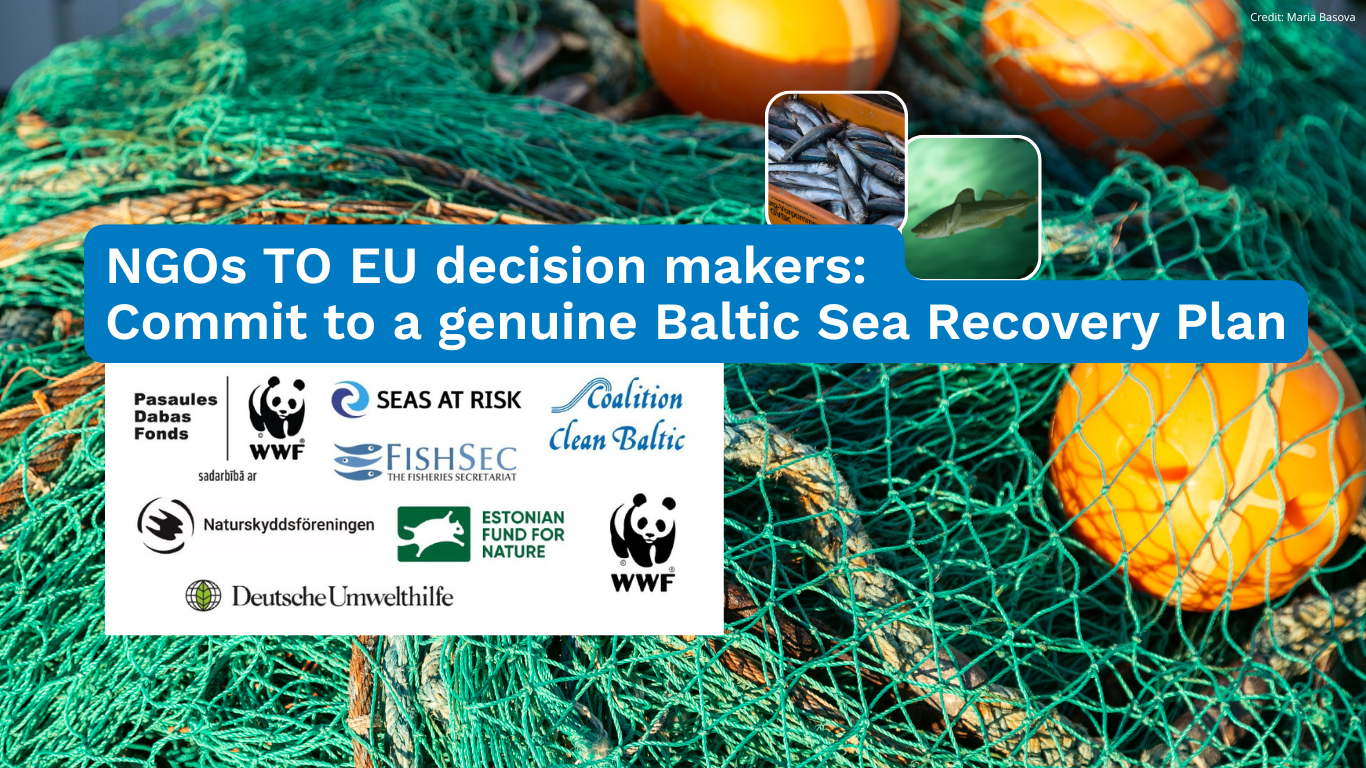Most of Europe’s river basins will still be unhealthy by 2027
11 out of 13 river basins studied in various EU countries will still be unhealthy by 2027, new research reveals. The Baltic Sea Region isn’t an exception, especially with the Odra river [1]. Those countries will miss the legally binding EU target to return Europe’s dirty freshwaters to health by then.
Member States have only six months left to finalise their river basin management plans for the next six years, as required by EU law. The drafts for 2022-2027 are the third round of national plans before the 2027 target, and are Europe’s final opportunity to get things right.
CCB [2] contributed to the report,[3] published by WWF and the Living Rivers Europe Coalition [4], that finds that only two out of the 13 analysed river basins – both in Finland – might see good health by 2027. Most of the river basins suffer from a lack of national budget allocated to water management, insufficient integration of water protection into other policies – in particular energy, agriculture and infrastructure – and the multiple misuse of derogations – all issues that were already flagged in the 2019 Fitness Check conclusions of the Water Framework Directive’s (WFD) evaluation.
The performance of the draft RBMPs is ‘poor’ for nearly half of the analysed indicators including pollution, excessive water extraction, blockages like dams, poor flood and drought management, agriculture, hydropower, coal mining and missing nature-restoring measures. EU countries – which have until the end of this year to publish their final RBMPs – must address the shortcomings identified in the draft plans to change the future for our freshwaters and meet the 2027 goal.
Draft River Basin Management Plan scores:

Notes to editors:
Contact person:
[2] Ewa Lés
CCB Working Area Leader River Basin and Wastewater Management
evvales@gmail.com
[1] National reports from countries in the Baltic Sea Region
– Germany available here
– Finland available here
– International Odra River Bassin District (Germany, Poland,
Czech Republic) available here
[3] Documents related to “The final sprint for Europe’s rivers report”
– Full report “The final sprint for Europe’s rivers” available here.
– Summary report available here.
[4] Living Rivers Europe is a coalition of five environmental and angling organisations gathering WWF’s European network, the European Anglers Alliance, European Environmental Bureau, European Rivers Network, The Nature Conservancy and Wetlands International.

